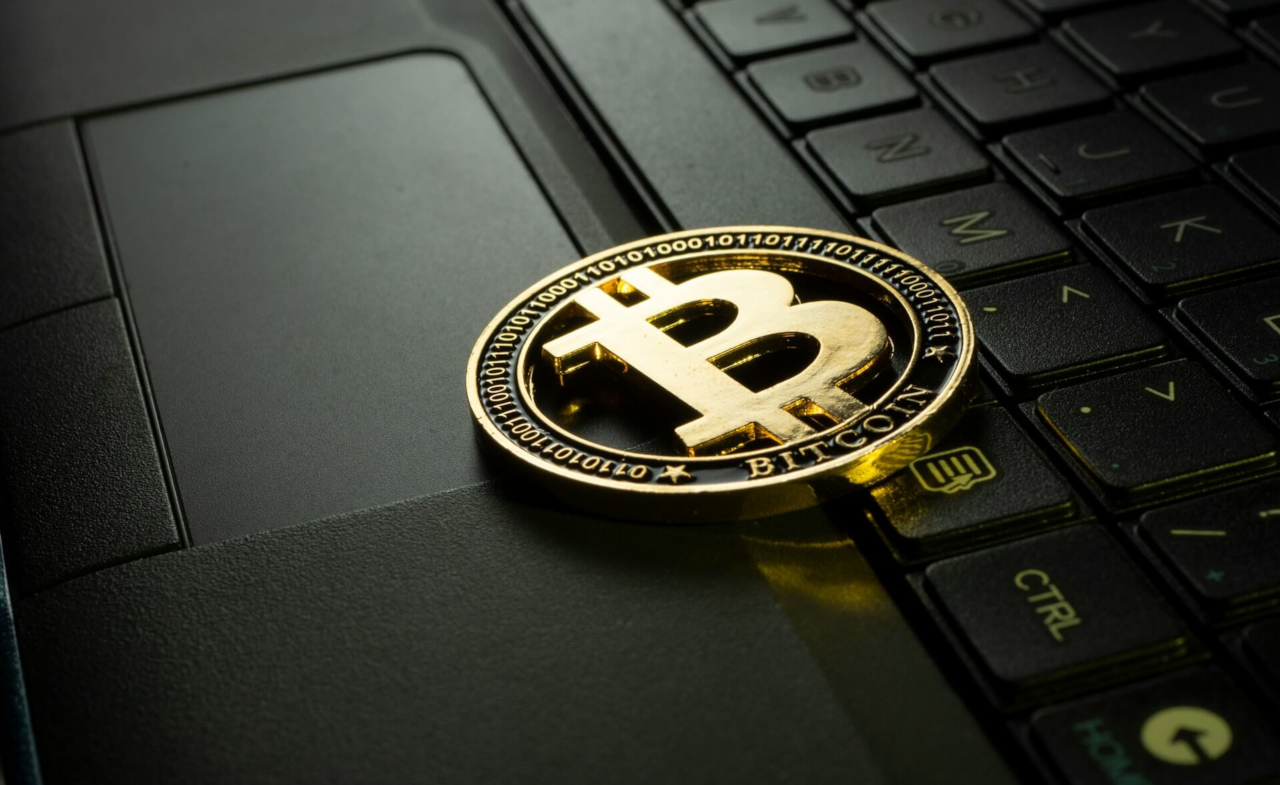Bitcoin - Unraveling the digital gold rush
In the ever-evolving landscape of finance and technology, Bitcoin has emerged as a revolutionary force, disrupting traditional notions of currency and challenging the status quo. Often referred to as digital gold, Bitcoin is a decentralized cryptocurrency (Kryptowährungen) that has captivated the imagination of investors, technologists, and enthusiasts alike. In this article, we will delve into the world of Bitcoin, exploring its origins, underlying technology, and its impact on the global financial system.
The genesis of Bitcoin
Bitcoin's journey began in 2008 when an unknown person or group of people using the pseudonym Satoshi Nakamoto published a whitepaper titled "Bitcoin: A Peer-to-Peer Electronic Cash System." The paper outlined the concept of a decentralized digital currency, relying on a blockchain – a public ledger that records all transactions in a secure and transparent manner.
Blockchain technology
At the heart of Bitcoin is blockchain technology. A blockchain is a decentralized and distributed ledger that records transactions across a network of computers. Each block in the chain contains a timestamp and a link to the previous block, creating a secure and unalterable record of transactions. This decentralized nature eliminates the need for intermediaries like banks and governments, providing a transparent and efficient way to transfer value.
Limited supply and mining
One of the key features that sets Bitcoin apart is its limited supply. There will only ever be 21 million bitcoins in existence, a scarcity that mirrors precious metals like gold. This capped supply is programmed into the Bitcoin protocol, creating a deflationary asset that proponents argue will retain its value over time.
Mining is the process by which new bitcoins are created and transactions are added to the blockchain. Miners use powerful computers to solve complex mathematical puzzles, and in return, they are rewarded with newly minted bitcoins. This process not only ensures the security and integrity of the network but also introduces new bitcoins into circulation at a controlled rate.
Volatility and market dynamics
Bitcoin's price volatility has been a subject of both fascination and concern. Critics argue that the wild price swings make it unsuitable as a stable store of value or medium of exchange. However, supporters contend that volatility is a natural characteristic of an emerging asset class and will diminish as the market matures.
Despite periodic corrections, Bitcoin has shown resilience and has been embraced by institutional investors, hedge funds, and mainstream financial institutions. The growing acceptance of Bitcoin as an asset class has led to increased adoption, with businesses and individuals incorporating it into their financial strategies.
Regulatory landscape
As Bitcoin gains prominence, governments and regulatory bodies around the world are grappling with how to classify and regulate this decentralized digital currency. Some countries have embraced Bitcoin, recognizing its potential economic benefits, while others remain cautious, expressing concerns about its use in illegal activities and potential impact on financial stability.
Bitcoin has come a long way since its mysterious inception, evolving from a niche experiment to a global phenomenon. Its decentralized nature, limited supply, and innovative blockchain technology have ignited a paradigm shift in the way we perceive and interact with money. While challenges and uncertainties remain, Bitcoin's journey is undoubtedly reshaping the future of finance, ushering in a new era of digital assets and decentralized possibilities. Whether it's seen as a speculative investment, a hedge against inflation, or a technological marvel, one thing is certain – Bitcoin is here to stay, leaving an indelible mark on the world of finance.
